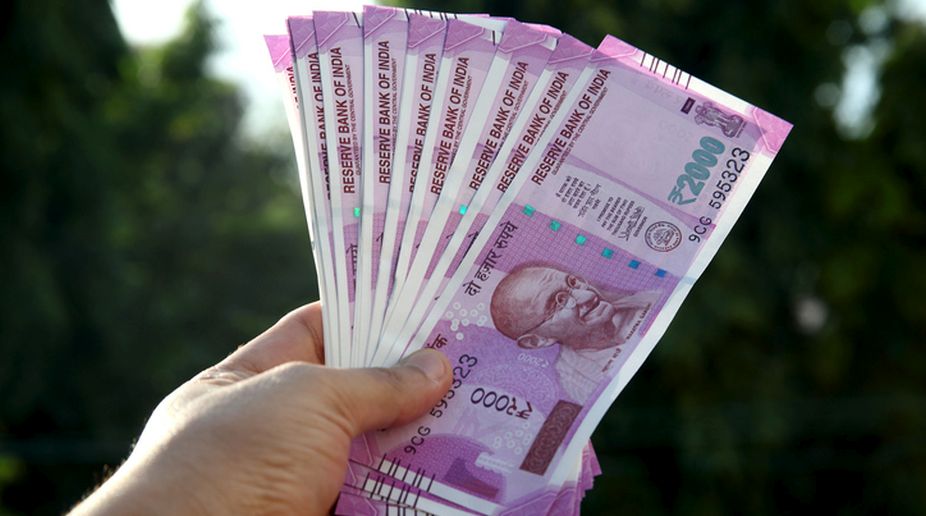Odisha black money haul shoots up to Rs 270 crore
The bankers are having a tough time to keep count of the black money haul after the seizure of "unaccounted" cash in the wake of the Income Tax Department raid on an Odisha-based distillery group.

(Getty Images)
The Finance Bill 2017 has got the nod of Parliament and President Pranab Mukherjee. Now, cash transactions above Rs.2 lakh attract penalty.
After the tough decision of demonetisation on November 8, the Union government had made it clear that it would not allow high-value cash transactions which encourage hoarding of black money. The Finance Bill 2017 is now in place, but still many people are not aware of its rules. Here is a list of frequently asked questions (FAQ) on cash transactions:
1. From which date is the ban applicable?
Advertisement
Ans: This Section of the bill applies from April 1, 2017 (FY2017-18 onwards).
2. What are the provisions of Section 269ST?
Ans: Finance Bill 2017 proposed to insert Section 269ST in the Income Tax Act to provide that no person shall receive an amount of Rs2 lakh or more,—
a) In aggregate from a person in a day (If a person receives Rs.2.25 lakh in cash for two different bills of Rs.1 lakh and 1.25 lakh, then penalty is levied)
b) in respect of a single transaction (if there is single bill of Rs.3.10 Lakh and cash is received on different days of Rs.1.6 lakh and Rs.1.5 lakh, then also penalty is levied); or
c) in respect of transactions relating to one event or occasion from a person (if marriage is one occasion and a person receives amount of Rs.3,00,000/-. Thus penalty is levied of 100% of amount received),
Otherwise, than by an account payee cheque or account payee bank draft or use of electronic clearing system through a bank account.
3. To whom does the Section 269 ST applies?
Ans: To any person receiving cash above Rs.2 lakh.
4. For which transactions is Section 269ST not applicable?
Restriction on cash receipt of Rs.2 Lakh or more with effect from April 1, 2017 shall not apply to Government, any banking company, post office savings bank or co-operative banks.
Transactions of the nature referred to in section 269SS;
Such other persons or class of persons or receipts, as may be specified by Union Government by notification in the Official Gazette.
5. Whether penalty is applicable for regular receipts only?
Ans: Any type of amount of Rs.2 Lakh or above received in cash whether capital or revenue in nature.
6. Whether exempt income is covered under the Section 269ST?
Ans: Both taxable and exempt incomes are covered in Section 269ST.
7. If the amount is received for personal purpose, whether 269ST is applicable?
Ans: Irrespective of purpose of accepting amount i.e., whether business purpose or personal purpose or as a trustee, custodian etc. section 269ST is applicable.
8. What is the Penalty for Contravention of Section 269ST?
Ans: 100% penalty on receiver of amount.
Advertisement